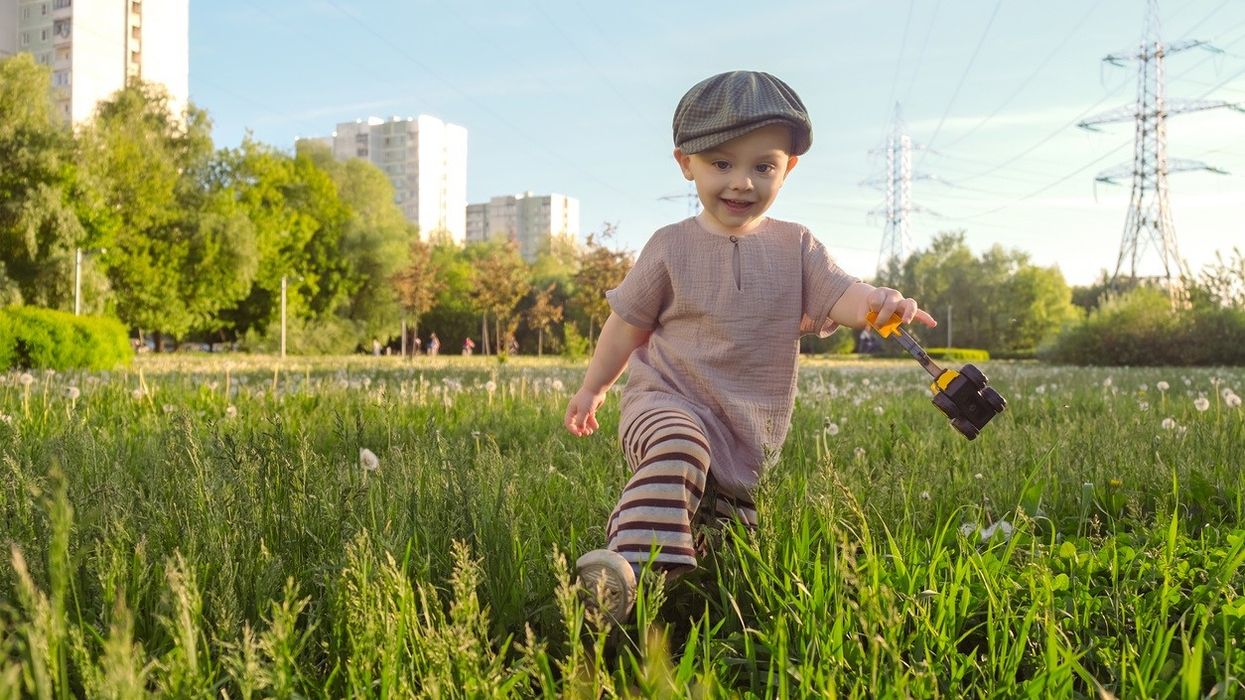Exposure to air and noise pollution, along with overcrowding and a lack of green spaces, are critical environmental factors influencing early-life development, new research has found.
The study, led by the University of Technology Sydney, Australia, analysing 235 research articles from across 41 countries, has highlighted such key aspects of environmental exposure in childhood influencing growth.
The first 2000 days of life (0-5 years) are recognised as a critical period impacting physical, cognitive, social, and emotional health outcomes in later life.
Other exposure factors crucial to child development include atmosphere, chemical and metal exposure, neighbourhood-built features, community support, and residential living environment, the researchers said in their study published in the journal Public Health Research and Practice.
The findings help understand the health risks of urban living, which can further inform the design and planning of urban environments to improve these outcomes, as it is expected that by 2030, more than 60 per cent of the world's population will live in urban areas, the team said.
"Urban planners and policymakers need to recognise the role that everyday urban environments provide as a foundation for health and wellbeing," said lead researcher Erica McIntyre from the Institute for Sustainable Futures, University of Technology Sydney.
One of the concerns around urban living that the study investigated the most was that of air pollution.
The researchers found that exposure to pollutants like particulate matter and toxins emitted from vehicles and industry can have long-term consequences on neurological development, in addition to leading to respiratory problems such as asthma.
They also found that lack of access to parks, gardens, and natural surroundings can deprive young children of crucial sensory experiences and opportunities for exploration, thus impacting physical and cognitive development.
The team said the findings highlighted the need to better understand aspects of urban design - such as access to green space - that can promote mental health, given that these issues are increasing in prevalence in children and teenagers.
"Incorporating child-friendly designs, advocating for more green spaces, noise and pollution-reduction measures, and walkable neighbourhoods that encourage physical activity are just some of the measures that help create environments conducive to healthy child development," said McIntyre.
Further, the fast-paced nature of city life often leaves parents and carers feeling disconnected and overwhelmed, lacking the vital support networks crucial for healthy infant development.
Thus, the families face challenges such as social isolation and limited community support, the researchers said.
"Programmes providing parenting classes, playgroups, and community centres can foster connections and support networks crucial for navigating the challenges of parenting," said McIntyre.
She also emphasised the need for further research, policy advocacy, and community involvement to address the challenges of raising children in urban settings.
(PTI)




